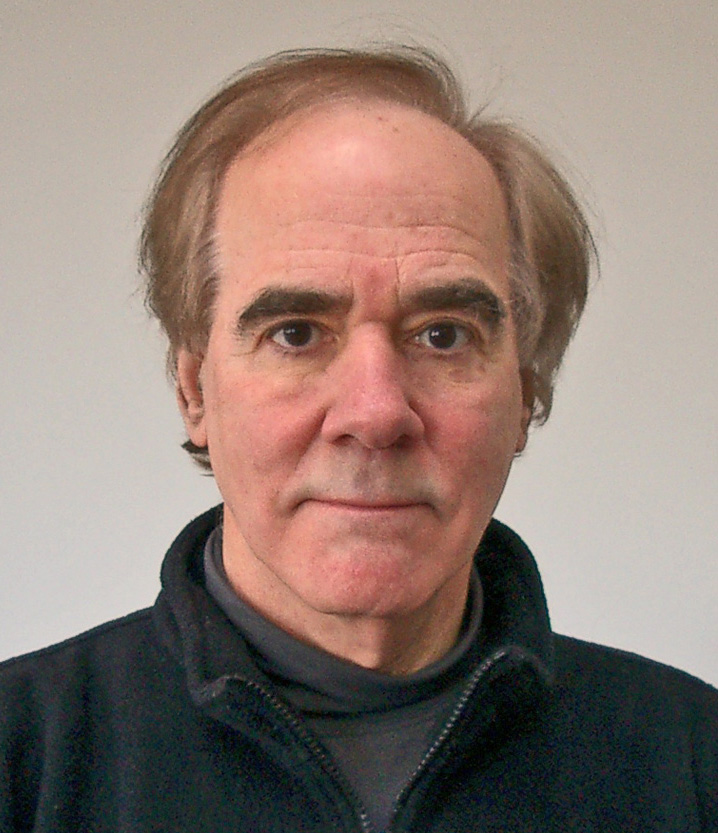IEEE Computer Society and GBC/ACM
7:00 PM, Thursday, 19 March 2009
MIT Room E51-325
The Improbable Success of Probabilistic Models
Jeff Buzen
We live in a world of variability, uncertainty and unpredictability. These factors influence the manner in which computer scientists evaluate the performance of complex systems, biophysicists analyze the behavior of molecules transitioning across cell membranes, and economists treat the ups and downs of financial markets. In these cases and a multitude of others, stochastic processes are used to model the effects of unpredictable forces that operate over intervals of time. Although stochastic models have proven highly successful in many fields, they also present a fundamental dilemma. The more deeply one delves into the mathematical assumptions upon which these models are based, the less likely it seems that real world systems will actually satisfy the required assumptions. How then can one explain the remarkable success of stochastic models? This talk uses a simple and easily understood example to demonstrate that many classical results from stochastic modeling are valid under assumptions that are significantly weaker than generally believed. At the same time, the example also demonstrates that other results, especially those dealing with the occurrence of rare events, are beyond the scope of these weaker assumptions. These “trans-distributional” results are less likely to be predicted accurately by probabilistic models. Some implications of this work for understanding the relationship between variability and randomness will be examined. In addition, applications to the analysis of computer system performance and the calibration of Monte Carlo simulations will be presented in the final sections of this talk.

Jeff Buzen has been a leading figure in the analysis of computer performance for nearly four decades. His discovery of the convolution algorithm and the central server model in the early 1970s launched a period of intense worldwide interest in the mathematical analysis of queuing networks. In 1975, he co-founded a software company (BGS Systems) that employed these theoretical advances to become the leading provider of tools for performance modeling and capacity planning at major data centers on six continents. BGS Systems, which began in the basement of his home, became a public corporation in 1983 and operated independently until 1998 when it was acquired by BMC Software. Since then, Jeff Buzen has been a consultant, researcher, author and lecturer, and has served a term as President of the Computer Measurement Group.
Dr. Buzen holds three degrees in Applied Mathematics: an Sc.B. from Brown, and an M.S and Ph.D. from Harvard. He has been elected to the National Academy of Engineering and is a recipient of the A.A. Michelson award. Prior to co-founding BGS Systems, he was a member of the Harvard faculty where he supervised the Ph.D. dissertations of Ethernet inventor Bob Metcalfe and Internet pioneer John M. McQuillan. He also co-taught a popular course on Operating Systems and Computer Performance attended by several students who have had a profound impact on the computer industry, most notably Microsoft co-founder Bill Gates.
This joint meeting of the Boston Chapter of the IEEE Computer Society and GBC/ACM will be held in MIT Room E51-325. E51 is the Tang Center on the corner of Wadsworth and Amherst Sts and Memorial Dr.; it's mostly used by the Sloan School. You can see it on this map of the MIT campus. Room 325 is on the 3rd floor.
For more information contact Peter Mager (p.mager AT computer.org)
Updated: March 6, 2009.